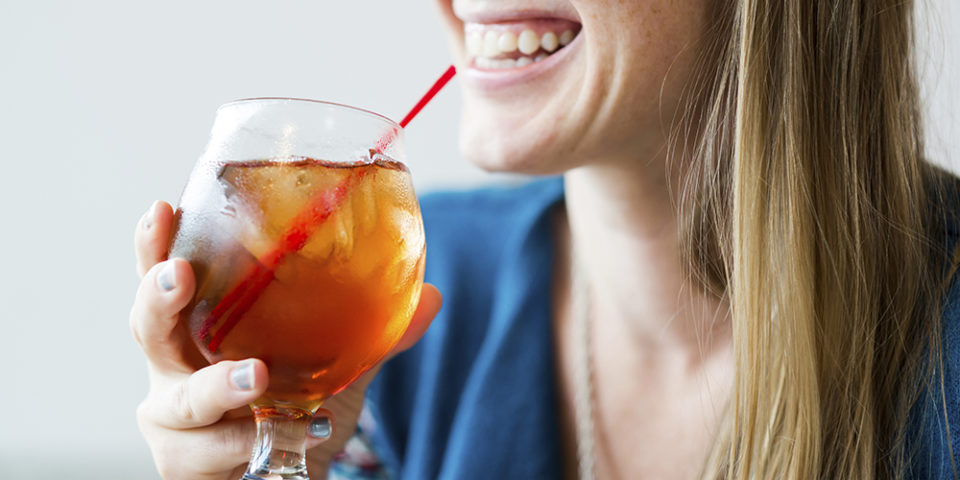Why do more people in the South get kidney stones?
If you live in the South and haven’t had a kidney stone, you’re fortunate. Southerners are more likely to struggle with these mineral and acid salt deposits that can cause severe pain or even land you in the emergency room. Urologist Elizabeth Dray, MD, explained why kidney stones are more prevalent in the South and what you can do to prevent them.
The southeast is the heart of what urologists call the ‘stone belt’ – the part of the U.S. where people are at the highest risk for stone formation.
“We think this is due to several causes, but most likely it’s a combination of heat, diet and genetics. We don’t exactly have a lot of control over climate and genetics, but we can control diet,” she said.
Everything we eat and absorb is filtered by the kidneys. If too much of a specific mineral or other substance is eaten, it collects in the kidneys and forms a stone.
“We can’t change how our kidneys filter substances without a prescription medication, but we can change how much of a specific substance we give the kidneys,” Dr. Dray said. “If we don’t give our kidneys the building blocks to form stones, they won’t form or will form more slowly.”
Stone formation is driven by a few basic things:
- Oxalate. Oxalate is in foods like berries, chocolate, spinach and tea. Cut out sweet tea and your kidneys will thank you.
- Too much sodium. We all need some sodium in our diet, but too much sodium increases your risk of kidney stones. Avoid salting food that already has salt in it and stay away from packaged and prepared foods.
- Too much protein. Too much protein leads to increased uric acid in the blood, which can cause painful disorders like gout or uric acid kidney stones.
- Dehydration. Dehydration is probably the biggest cause of stone formation. “We recommend people with a history of kidney stones drink at least two and a half liters of water per day – more if you’re sweating a lot, like in the summer. And stay away from sweet tea,” Dr. Dray said.
What about calcium?
It is true that stones are formed from calcium, but studies have shown that too little calcium actually make stones form faster. “So even if you have a history of kidney stones, you should still eat two to three servings of dairy or other calcium containing foods per day,” Dr. Dray said.
What should you do if you think you have a kidney stone?
Stones can be inconvenient, painful and sometimes even dangerous. You might feel a sharp pain in your back, side, lower abdomen or groin. You might also have blood in your urine.
“If you develop fever, nausea, vomiting or intractable pain along with your stone, go to an ER to be evaluated. You might need a procedure done to clear the blockage of stone from your ureter,” Dr. Dray said.
If you have a history of stones, make an appointment with a urologist. “We can evaluate why you’re forming stones, and maybe even start you on a medication that might help slow formation of stones in the future,” she said.
Find a doctor
Whether you’re looking for a primary care physician or need to see a specialist, we’re here to help with experienced, compassionate care near you.
Find a Doctor

